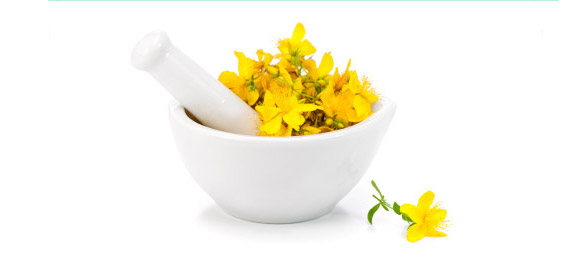
The following is an excerpt from Dr Andrew Lockie’s book, The Family Guide to Homeopathy; The Safe Form of Medicine for the Future, giving an overview of homeopathy.
Homeopathy is an exceptionally safe form of medicine which treats the whole individual. It is equally concerned with maintaining good health and aiding recovery from ill health, and like all forms of medicine – even those which use powerful drugs and high technology surgery- relies for its effects on the body’s own powers of self-regulation and self-healing. Since its development nearly two hundred years ago homeopathy has benefited millions of people, young and old, from all walks of life, in countries all over the world.
The word ‘homeopathy’ (also spelt ‘homoeopathy’) comes from two Greek words, omio meaning ‘same’ and pathos meaning ‘suffering’. A homeopathic remedy is one which produces the same symptoms as those the sick person complains of, and in doing so sharply provokes the body into throwing them off. ‘Like may be cured with like’, also expressed as similia similibus curentur, is the basic principle of homeopathic therapeutics. The opposite therapeutic approach is ‘allopathy’ (conventional medical practice), which is defined as a system of therapeutics in which diseases are treated producing a condition incompatible with or antagonistic to the condition to be cured or alleviated.
The idea that remedies and symptoms sharing key features might interact in such a way as to banish illness, and the implied corollary that two similar states of discomfort cannot exist in the same body, was not new even two centuries ago. The great achievement of Samuel Hahnemann, the founder of homeopathy, was that he systematically studied, for himself, all the orthodox medical remedies of his day, noted their effects on healthy people, and then used this knowledge to give very specific and safe treatment to sick people. This was revolutionary in an age when medicines were indiscriminately prescribed, often in poisonous quantities.
Homeopathy is a naturopathic form of medicine, it seeks to assist Nature rather than bludgeon her, to assist the body’s own healing energies rather than override them. The ‘disease’ is not only the virus or bacteria, these are merely the organisms which move in when the body’ defences are low. The discovery of legions of microorganisms since Hahnemann’s time has done nothing to alter this fundamental truth. The fever, the inflammation, the diarrhoea, the headache; these are not the disease either, but the body’s attempt to return to normality. Such ideas may be difficult to adjust to if one has been brought up in the belief that both attack and cure come from the outside, but they are ideas which have been accepted by humanistic physicians since the time of Hippocrates.
Another tenet of naturopathic and therefore homeopathic philosophy is that every person is different. The same remedy, the same diet, the same general advice does not generally help everyone with the same ailment. Indeed there is no such thing as the same ailment; the course of a particular kind of cancer in one person will not be the same as that in another. Accordingly, homeopathy has the most flexible system of remedy prescribing of any system of therapeutics, as this book demonstrates. The most effective remedy is always the one that matches three things: the physical symptoms, the mental and emotional symptoms, and the general sensitivities of the person concerned. It is also taken in the least possible dose for the least possible time.
“I would recommend Melanie’s thorough, thoughtful and effective treatments to anyone who wants a long term solution to their health issues”
Whether you’re looking to join a workshop or course, or book a private consultation, I offer a free 15-minute telephone consultation to discuss what you need.